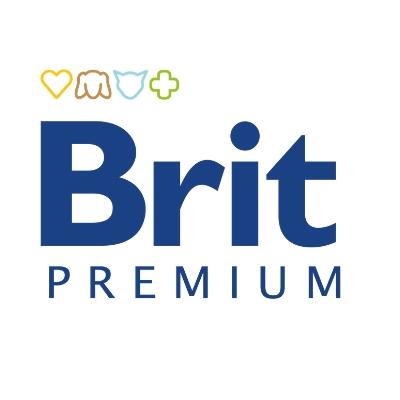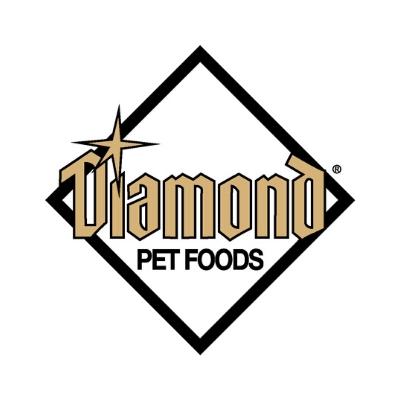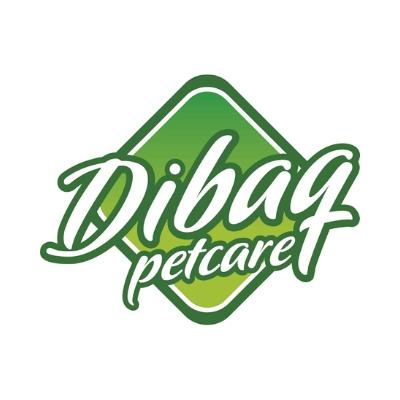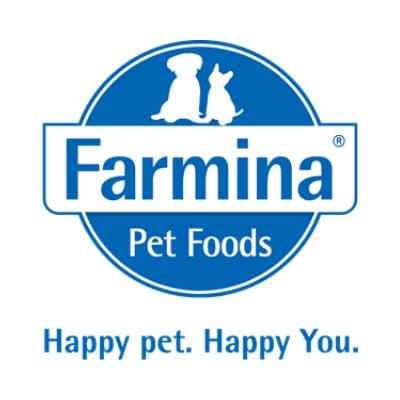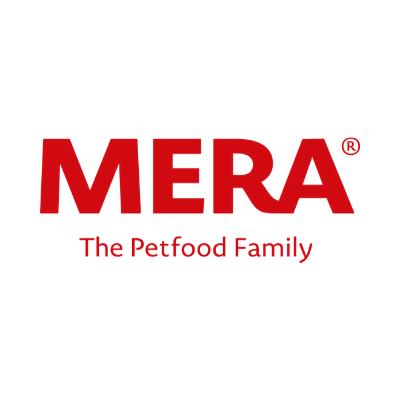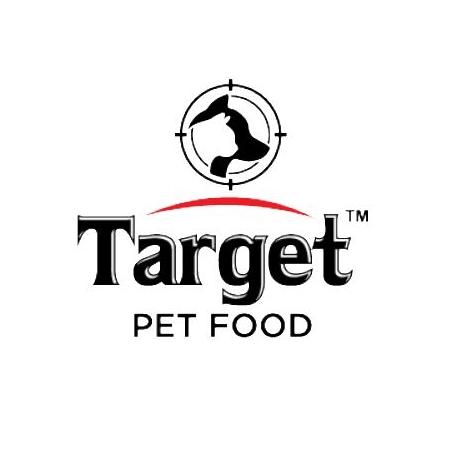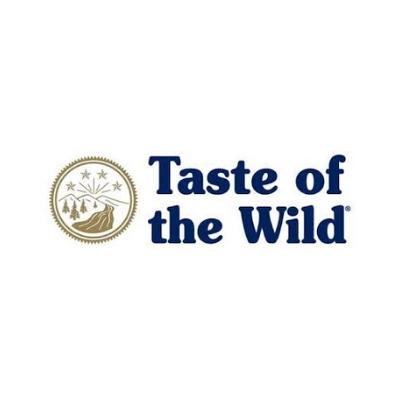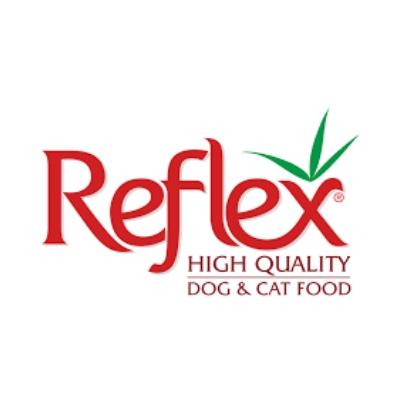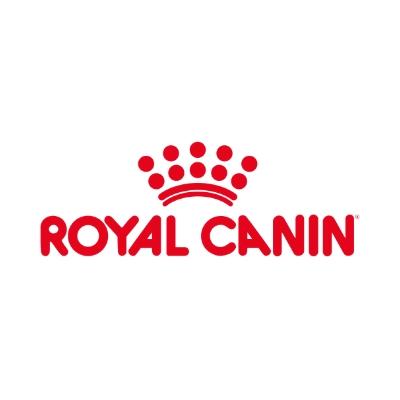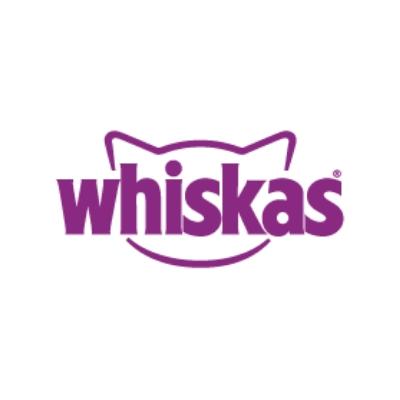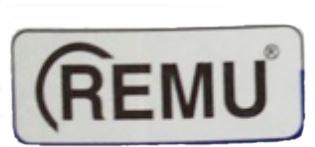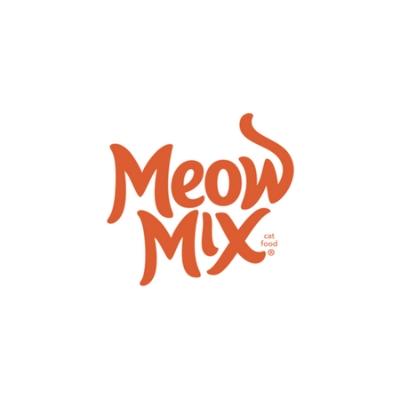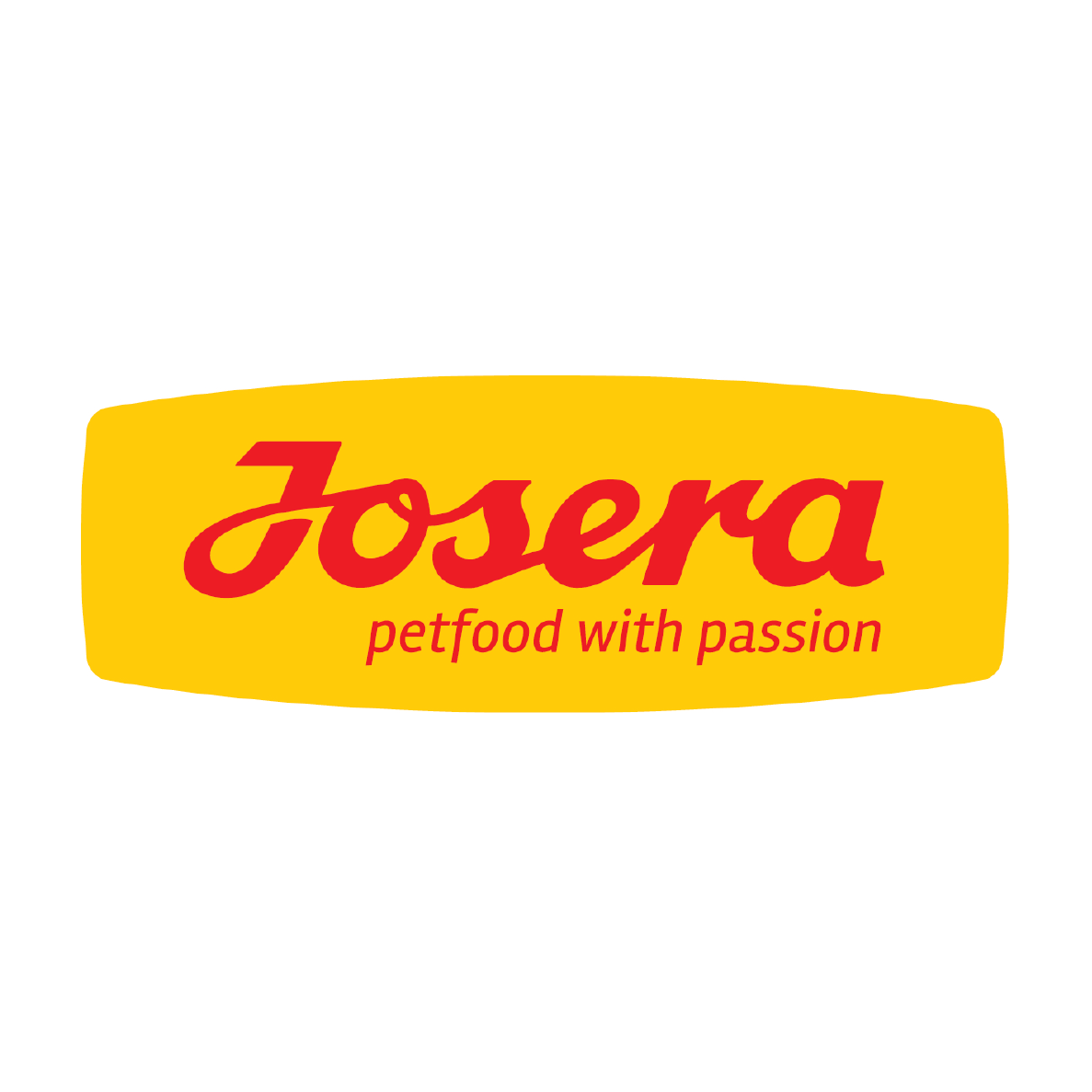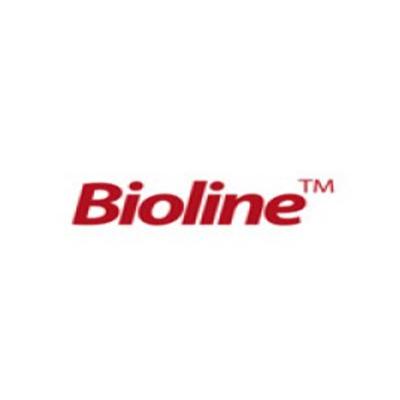Dog Coccidia
Introduction
Coccidia are a group of internal parasites that most often live in the cells that line the gastrointestinal tract. They can also infect the liver and other organs. Coccidia parasites infect many domestic animals. Certain species of coccidia are extremely infectious to people, as well. These internal parasites cause intestinal inflammation (enteritis) in all species that they infect, although the course and severity of symptoms can vary quite a bit. Coccidiosis is an economically significant disease of sheep, cattle, pigs, poultry, rabbits and goats. It affects, but usually is less severe clinically, in fish, horses, dogs and cats.
Causes & Prevention
Causes of Coccidia
In all species except fish, the disease caused by coccidia, known as coccidiosis, is caused by one of three general categories of organisms: Eimeria, Isospora and Cryptosporidium. Dogs are predominantly infected with Isospora canis, while cats tend to become infected with Isospora felis. Eimeria species are not known to parasitize dogs or cats. Cryptosporidium organisms are still being evaluated as the cause of rapid-onset, potentially fatal coccidiosis in very young puppies and kittens. Cryptosporidium are known to be significant pathogens in people. Research studies confirm that dogs can transmit certain types of Cryptosporidium organisms to humans, such as those that normally infect cattle. Some of these parasites are species-specific, so that they are only found in dogs, cats or other host animals.
Young puppies that are malnourished, immunosuppressed or suffering from other concurrent diseases are much more likely to become sick from coccidiosis than are healthy puppies or more mature animals. Newborn puppies born into filthy, cold, damp, crowded or otherwise unsanitary conditions have the greatest risk of suffering from infection with coccidia. Young dogs typically become infected by ingesting the oocyte or cyst form of the parasite, which they pick up either from contaminated premises or from their carrier mother, who may or may not show any signs of disease. Stress, including stress associated with weaning, shipping, dietary changes, extreme weather changes, illness, infection with roundworms or other parasites and other traumatic circumstances, often triggers outbreaks of coccidial diarrhea.
The oocyte (cyst) form of coccidial parasites is eliminated in the feces of infected animals. Once they are free in the environment, the cysts sporulate and become infective to animals that pick them up. Especially in areas with poor environmental hygiene, puppies can even reinfect themselves by ingesting oocytes from their own feces. This is called "auto-infection." Within about 5 to 7 days after taking in coccidia oocytes, the dog will start to excrete infective cysts in its own feces, creating even more potential sources of infection for other animals.
There are a number of complex changes that occur in coccidial organisms from the time that an oocyst is excreted in feces of an infected dog and the time that the organism matures and reproduces in another animal. The process is complicated but can be quite interesting; if the subject doesn't interest you, please feel free to skip to the next paragraph or section. In a nutshell, after a coccidia oocyst is passed in the feces of an infected animal, it sporulates under the right temperature, weather and environmental conditions. This is what makes it infective to other animals. Several sporozoites (the infective form of the parasite) develop within secondary cysts inside of the oocyst. When another animal eats the sporulated oocyst, the sporozoites emerge and invade the lining of that animal's intestines or other tissues. There, they transition into forms of the parasite called schitzonts, and then into merozoites, which undergo a number of asexual replications. The merozoites eventually become either macrogametocytes (females) or microgametocytes (males). When a macrogametocyte becomes fertilized by a microgametocyte, it develops into an oocyst. That oocyst will eventually be excreted in the infected dog's feces. And the cycle will continue.
Prevention of Coccidia
The best way to prevent coccidial infection is to prevent the intake of sporulated oocysts by young animals. A high-quality diet and attention to good hygiene will go a long way towards accomplishing this goal. Newborn puppies should receive colostrum from their mothers to strengthen their immune status. Young dogs (in fact, all dogs) should be housed in warm, dry, clean, well-ventilated areas with good bedding and free access to fresh water. Stress should be kept to a minimum in all ways possible.
Dogs that recover from coccidiosis usually remain carriers of the parasites. In other words, while they may no longer be sick, they retain the organisms in their gastrointestinal tract and can still shed infective coccidial cysts in their feces. Known carriers of coccidia should be isolated from other animals and treated with appropriate medications. Areas where infected animals have been housed should be disinfected with boiling water, steam and/or dilute solutions of bleach or chlorhexidine mixed with water to try and kill infective oocysts. Cleanliness is critical to controlling coccidiosis.
Special Notes
A healthy, well-balanced diet, with regular exercise, free access to fresh water and abundant human companionship, are important to managing infectious diseases. These things are always beneficial to our companion animals.
Symptoms & Signs
How Coccidia Affect Dogs
The main symptom of coccidiosis in dogs is diarrhea, which typically is much worse in puppies than in older animals. It is also worse in young dogs living in dirty, damp, cold, unsanitary conditions, as well as in those that are concurrently affected by other diseases or disorders.
Symptoms of Coccidia
In puppies and kittens, coccidia can cause a fairly severe form of diarrhea, which unfortunately may become life-threatening. Adult dogs and cats typically develop a much more mild form of illness, or no signs of illness at all. They may not even require treatment. Owners of dogs that do become sick from coccidia infection may notice:
Mild diarrhea (gradual or acute onset)
Profuse, loose, watery diarrhea tinged with blood (hematochezia)
Voluminous unformed stool; often greasy, bulky, stinky, pale in color and containing mucus or fat (steattorhea)
Straining to defecate (tenesmus)
Loss of appetite (inappetence; anorexia)
Weight loss
Weakness
Lethargy
Dehydration (can be severe, depending upon the extent of diarrhea)
Fever
Emaciation
Death
Dogs at Increased Risk
Any dog, of any gender, age, breed or mix of breeds, can become infected with coccidia if they take in cysts of the parasite from the environment. However, clinical disease is uncommon in healthy, mature animals. Young, weak puppies living in overcrowded, unsanitary conditions have the greatest chance of becoming sick from coccidial infection.
Diagnosis & Tests
How Coccidia Are Diagnosed
Dogs that are seen by a veterinarian for coccidial diarrhea – especially young puppies – often have normal results on their routine blood work and urinalysis, with the possible exception of showing the effects of dehydration. The best way to diagnose coccidiosis is to examine a fresh fecal sample for the presence of the oocyst form of the parasite. The veterinarian usually will mix a small amount of feces with either a sugar or salt solution, zinc sulfate or a special stain, before looking at drops of the mixture under a microscope. There are several different ways to perform a fecal assessment, including fecal floatation, fecal suspension or fecal smear. Each of these is about equally effective in identifying coccidial cysts, if they are present in the sample. The choice of which technique to use is up to the treating doctor. However, multiple fecal evaluations may be necessary to confirm or rule out coccidia infection, because oocysts are not uniformly excreted in the stool.
Special Notes
Remember, coccidia usually don't cause companion dogs to become sick, although they can. Illness from coccidia is the exception, rather than the rule.
Treatment Options
Treatment Options
Mature dogs infected with coccidia usually do not require any special treatment due to the mild nature of their symptoms. Most cases of coccidiosis resolve spontaneously within a few weeks even without treatment; this is called a "self-limiting infection." However, young, weak, sick dogs may need to be hospitalized, so that they can be given intravenous fluid replacement to counteract the dehydration caused by severe diarrhea. A number of oral and injectable medications are effective against coccidia organisms, including trimethoprin-sulfa, amprolium, furazolidone and sulfadimethoxine, among others. New drugs are always being developed. Severely affected animals should be isolated from other animals if possible during their treatment.
No particular treatment protocol has yet been established as being "the most effective" against clinical coccidiosis.
Prognosis
Coccidiosis is usually quite treatable in companion dogs. As with most illnesses, treatment should be accompanied by regular, exemplary hygiene, a high-quality diet and a good, healthy living environment.









